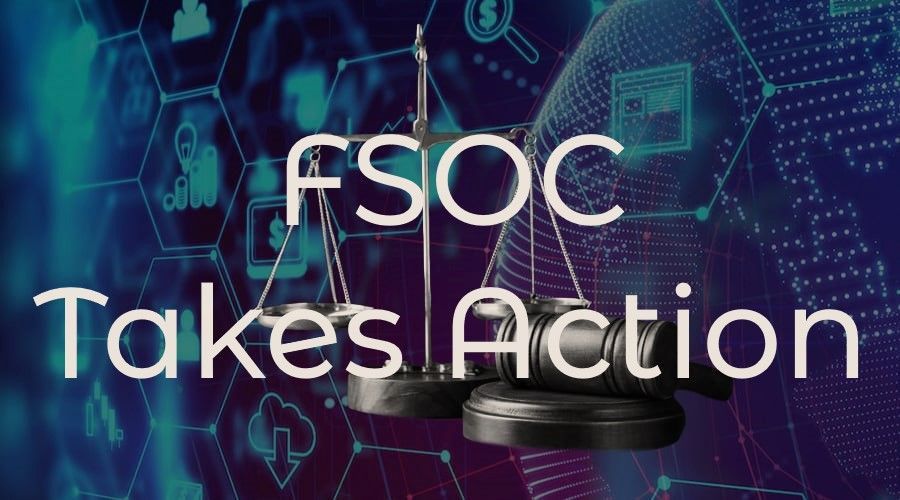
Introduction
The recent failures of Signature Bank and Silicon Valley Bank have underscored the need for enhanced oversight and regulation in the non-bank financial institution (NBFI) sector. In response, regulatory bodies are intensifying their focus on NBFI entities, including fintechs, fund vehicles, and insurance companies. The Financial Stability Oversight Council (FSOC), a group of US regulators, has proposed two amendments to address the identification and management of systemic risks associated with NBFIs. This blog post explores the potential impact of these amendments and the implications they may have for the financial industry.
Streamlining the Designation Process
The first proposed amendment aims to streamline the process by which the FSOC designates an NBFI as systemically important. This designation subjects the NBFI to supervision by the Federal Reserve and adherence to prudential standards. By simplifying the designation process, regulators can more effectively identify entities that pose a significant risk to the overall stability of the financial system. This proactive approach enables regulators to take necessary action promptly and mitigate potential systemic risks before they escalate.
An Analytic Framework for Risk Evaluation
The second proposed amendment introduces an Analytic Framework that outlines the FSOC’s approach to identifying, evaluating, and addressing a wide range of potential risks to US financial stability. This framework provides regulators with a comprehensive tool to assess risks posed by NBFIs, thereby enabling them to develop targeted strategies to mitigate these risks. By adopting a systematic and analytical approach, regulators can better understand the interconnectedness and potential contagion effects within the NBFI sector.
A Stronger Tool Kit for Regulators
The combined effect of these proposed amendments is the provision of a significantly stronger toolkit for regulators to proactively address emerging systemic risks. With streamlined designations and a robust analytic framework, regulators gain greater capabilities to monitor and oversee NBFIs effectively. These measures empower regulators to intervene promptly in case of financial distress, protecting the stability of the broader financial system.
Looking Ahead
While the proposed amendments hold promise for strengthening financial regulation in the NBFI sector, their ultimate effectiveness remains to be seen. The financial industry is already grappling with a complex regulatory landscape, and these amendments may introduce additional layers of guidance. However, by actively seeking public comments during the 60-day period, the FSOC demonstrates its commitment to a transparent and inclusive regulatory process.
Conclusion
The failures of Signature Bank and Silicon Valley Bank have prompted regulators to address the potential systemic risks associated with NBFIs. The proposed amendments by the FSOC provide regulators with a more streamlined designation process and an analytical framework to evaluate and address risks in the NBFI sector. These measures aim to enhance oversight and strengthen the resilience of the financial system. As stakeholders and industry participants, it is crucial to engage in the comment process and contribute to shaping these regulatory changes. Only time will tell whether these amendments will bring about positive change or add further complexity to an already intricate regulatory environment.
To provide your input, visit the following links: Amendment 1 and Amendment 2.